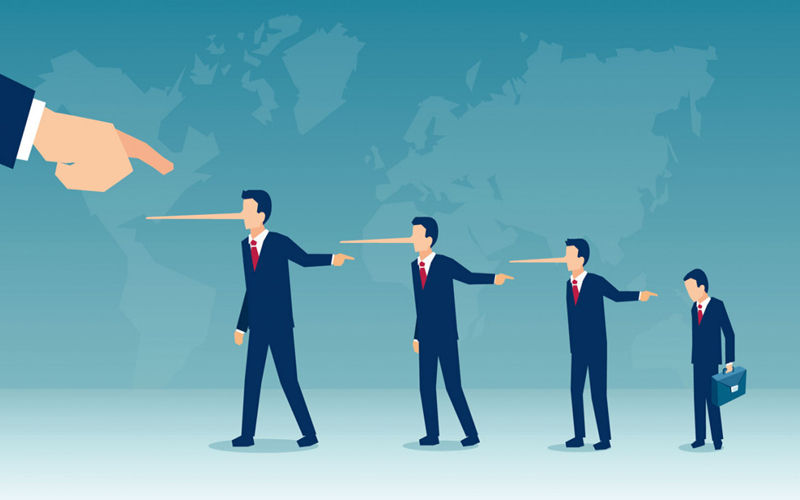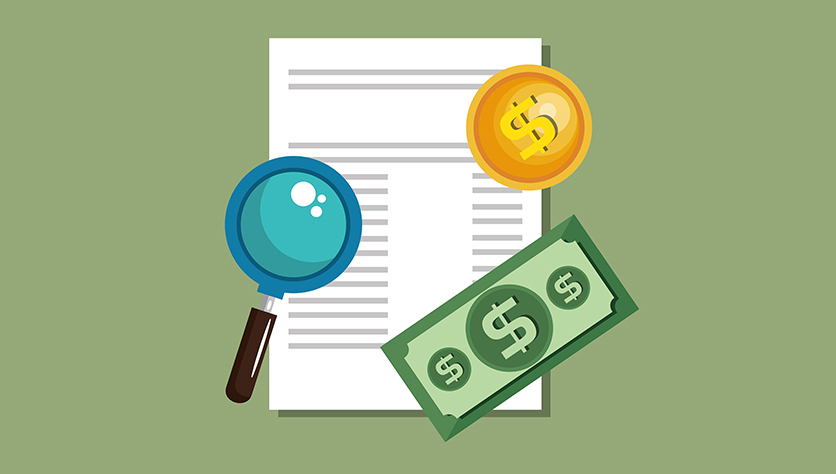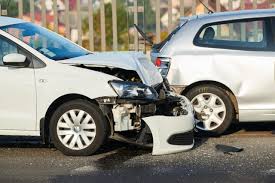Car accidents, or as commonly referred to in Canada, “collisions” or “car accidents,” are an unfortunate reality on the road. In the event of a car accident, it’s important to stay calm and know exactly what steps to take. Whether the crash is minor or more serious, taking the right actions can help protect your rights and ensure that you’re compensated for damages or injuries. In this guide, we will walk you through the necessary steps to take after being involved in a car accident in Canada.
1. Ensure Safety First
The first priority after a car accident is safety. If possible, move your vehicle out of traffic to avoid further accidents or harm. If the vehicles cannot be moved, turn on your hazard lights to alert other drivers. Check yourself and any passengers in your vehicle for injuries. If anyone is injured, immediately call 911 to report the accident and request medical assistance. Even if injuries don’t seem severe, it’s always best to have a medical professional evaluate the situation.
If the accident is minor and everyone is safe, you may move the vehicles to the side of the road, but if there are injuries or significant damage, avoid moving anyone unless they are in immediate danger.
2. Call the Police and Report the Accident
In Canada, it is generally required by law to call the police if there is significant property damage, injuries, or if the accident involves a hit-and-run. The police will document the accident, file an official report, and collect evidence. This report is essential when filing insurance claims or if legal action is necessary.
Even in cases where damage appears minor, it’s often recommended to contact the police to have a formal record of the accident. Always cooperate with law enforcement, providing them with accurate details, but refrain from admitting fault at this stage.
3. Document the Scene of the Accident
Documenting the scene of the accident is one of the most important steps. Take clear photographs of the vehicles involved, any damages, and the surrounding area. This will help you later when making insurance claims or if the matter goes to court. If there are visible injuries, be sure to capture those as well. Additionally, write down all relevant details such as:
- The location and time of the accident
- Weather conditions at the time of the accident
- Road conditions
- Any traffic signals or signs nearby
Make sure to also get the contact information of witnesses if there are any. Their testimonies can provide valuable support in your case.
4. Exchange Information with the Other Driver(s)
You should exchange relevant information with the other driver(s) involved in the accident. This typically includes:
- Names, addresses, and phone numbers
- Driver’s license numbers
- License plate numbers of the vehicles involved
- Insurance company names and policy numbers
If possible, take note of the other driver’s make, model, and color of the vehicle. If there are witnesses present, ask for their contact information as well. This will be useful in case of disputes about the details of the accident later on.
5. Avoid Making Statements About Fault
When speaking to the other driver, witnesses, or the police, it’s important not to admit fault, even if you feel responsible. Fault is determined by the police report, insurance companies, or through legal proceedings. Saying things like “I’m sorry” or “It was my fault” could be interpreted as an admission of liability, which may harm your case.
Simply provide factual information about what happened, but refrain from making any judgments about fault until a proper investigation is conducted.
6. Seek Medical Attention
Even if you feel fine after the accident, it is important to get a medical check-up. Some injuries, such as whiplash, internal injuries, or concussions, may not show symptoms immediately. A medical evaluation will document your injuries, which is essential for insurance claims and for any potential legal action.
In Canada, medical attention can also help in determining whether your injuries were caused by the accident, which is crucial for the claims process.
7. Notify Your Insurance Company
Contact your insurance company as soon as possible after the accident to inform them about the incident. In many provinces in Canada, your insurance provider will need to be notified within a specific time frame, often 24 to 48 hours. Provide them with all the relevant information, including the police report number, photographs, witness statements, and the contact details of the other driver and their insurance company.
Your insurance company will guide you through the next steps, such as the claims process and the assessment of damages. Depending on your policy, they will either cover the repairs to your vehicle, medical expenses, or other related costs.
8. Understand Your Insurance Coverage
Before contacting your insurance company, it is essential to understand the type of coverage you have. Canada has different kinds of insurance policies, and the extent of your coverage may affect your claims:
- Liability insurance: Covers injuries and damages to others if you are at fault.
- Collision insurance: Covers repairs to your own vehicle after an accident, regardless of fault.
- Comprehensive insurance: Covers damage to your vehicle from incidents like theft, vandalism, or natural disasters.
- Uninsured motorist insurance: Covers you if the other driver is at fault but lacks adequate insurance.
Make sure you understand your policy’s details to ensure that you are covered in case of damages or injuries.
9. Report the Accident to Your Employer (If Applicable)
If the accident happened while you were on the job or driving a company vehicle, you need to report it to your employer immediately. Many workplaces have specific protocols for handling such situations. Failure to notify your employer could result in complications for your workers’ compensation claim or potential disciplinary action.
10. Consider Legal Advice
If the accident leads to significant damages, injuries, or disputes, you may want to consult a lawyer. A personal injury lawyer or a lawyer who specializes in car accidents can help you navigate the legal system, understand your rights, and help you seek compensation for your injuries or damages. If the other party is denying liability or if you’re unsure about the claims process, legal advice can help protect your interests.
11. Keep Track of Medical Treatments and Expenses
If you’ve been injured, keep a detailed record of your medical treatments, including doctor visits, hospital bills, medications, and any lost wages from time missed from work. These documents will be important when filing insurance claims or if you seek legal compensation. Be sure to keep receipts for any out-of-pocket expenses related to your recovery.
12. Follow Up with Your Insurance Adjuster
Once your insurance company receives your claim, an adjuster will be assigned to evaluate the damage and determine the payout. Be cooperative and provide them with any additional information they may need. Keep track of all correspondence with your insurer to ensure that your claim is processed in a timely manner.
13. Prepare for the Legal Process (If Needed)
If the situation escalates and the case goes to court, either through a personal injury lawsuit or a dispute with the insurance company, you should be prepared for the legal process. Depending on the complexity of the case, it could take months or even years to resolve. Your lawyer can help you understand the steps involved, from filing the lawsuit to going to trial.
14. Preventing Future Accidents
While it’s impossible to predict accidents, practicing defensive driving, maintaining a safe distance from other vehicles, and following traffic laws are crucial in reducing the chances of being involved in a collision. Regular vehicle maintenance is also key—make sure your brakes, tires, and lights are functioning properly to avoid mechanical issues that could cause accidents.
15. Conclusion
A car accident can be a traumatic event, but knowing what to do immediately afterward can help ease the stress and ensure your rights are protected. From ensuring safety and reporting the accident to documenting the scene, exchanging information, and notifying your insurance company, taking these critical steps can significantly improve your chances of getting the compensation you deserve. In cases involving injuries or disputes, seeking legal advice is essential to protect your interests and get the justice you’re entitled to. Whether the accident is minor or major, following these steps ensures that you’re well-equipped to handle the aftermath of a car accident in Canada.
Useful information

Télétravail au Canada en 2025 : droits des employés et obligations des employeurs
Le télétravail est devenu une composante essentielle du monde du travail au Canada. Depuis la pandémie de COVID-19, ce mode d’organisation s’est institutionnalisé, incitant les entreprises et les gouvernements à repenser la législation, la gestion RH et l’équilibre travail-vie privée. Selon Statistique Canada, près de 30 % des Canadiens travaillaient régulièrement à distance en 2024, […]

What to Do If You Become a Victim of Fraud in Canada?
Fraud is a growing concern in Canada, with thousands of people affected each year. Whether you’ve been targeted by an online scam, identity theft, or a financial scheme, it’s essential to act quickly to minimize the damage and protect your legal rights. Fraud Statistics in Canada (2023) Type of Fraud Reported Cases Estimated Losses Annual […]

How to Hold Someone Accountable for Defamation in Canada
Defamation is a serious issue that can cause lasting damage to an individual’s personal and professional reputation. In Canada, individuals who have been defamed have legal recourse to hold those responsible accountable. Defamation occurs when false statements are made about someone that harm their reputation, either through slander (spoken) or libel (written). If you are […]

How to Legally Recover a Debt in Canada
Recovering a debt can be a challenging and frustrating process, but understanding your rights and the legal options available can make a significant difference. In Canada, there are several steps you can take to recover a debt, whether you are an individual or a business trying to collect money owed to you. From negotiating with […]

What to Do After a Car Accident in Canada: A Step-by-Step Guide
Car accidents, or as commonly referred to in Canada, “collisions” or “car accidents,” are an unfortunate reality on the road. In the event of a car accident, it’s important to stay calm and know exactly what steps to take. Whether the crash is minor or more serious, taking the right actions can help protect your […]

Unlawful Termination and Reinstatement in Canada: Your Rights
Unlawful termination is one of the most stressful and emotionally challenging experiences a worker can face. Whether it’s because of discrimination, retaliation, or breach of contract, the impact can be profound. Fortunately, in Canada, employees are protected by robust labor laws designed to prevent unlawful dismissal and provide options for reinstatement or compensation. If you […]
